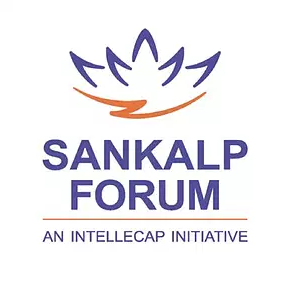Nairobi was the place to be on the African social enterprise scene last week. With a wide range of meetings, conferences and workshops taking place, there is palpable excitement about the potential for innovative social solutions to tackle intractable development problems on the continent in inclusive and sustainable ways.
On Tuesday, Feb. 11, the Overseas Development Institue (ODI) and its partners (KCA Business School in Nairobi, the East African Social Enterprise Network and UCT Graduate Business School, South Africa) convened a workshop to discuss obstacles and challenges facing agriculture and health-related social enterprise in Kenya.
Wednesday and Thursday saw the first Africa Sankalp Forum. Sankalp is a platform bringing together social entrepreneurs and investors, as well as governments, donors, support organizations and knowledge brokers to explore how to catalyze systemic change through market-based approaches.
Then on Friday, I attended the Aspen Network of Development Entrepreneurs’ (ANDE) Africa Conference, where we talked about Africa-India collaboration, access to talent and ANDE’s research program on incubators. Then I dashed (or, more accurately, crawled painfully through pollution and traffic) across town to Strathmore Business School to hear the final session of a day-long discussion about their forthcoming Rockefeller Foundation-funded research on policy issues for impact investing in Kenya. Government representatives spoke about how government policy – and implementation – could be improved.
In our Tuesday workshop, we discussed themes emerging from interviews with social enterprises and support organizations conducted in November (an ODI report on this is also due to be published in April). Many of the same issues arose during panels and conversations at Sankalp, ANDE and Strathmore. I can’t do justice here to all the diverse and informed discussions which took place; however, here are a couple of thoughts from what I heard.




